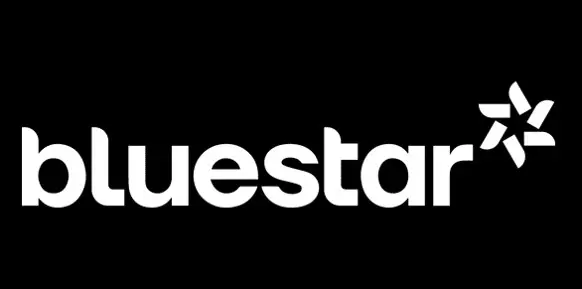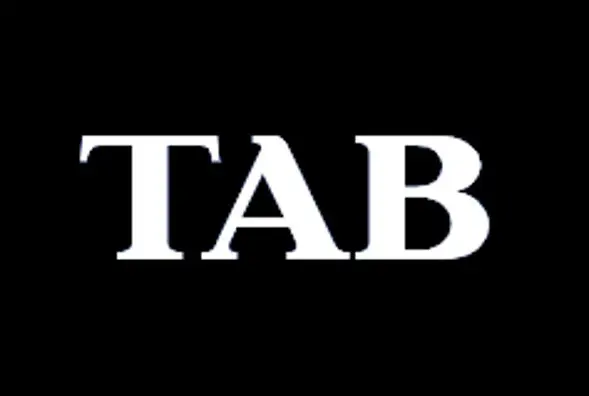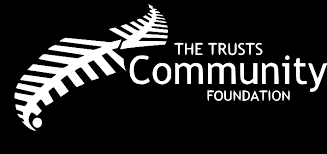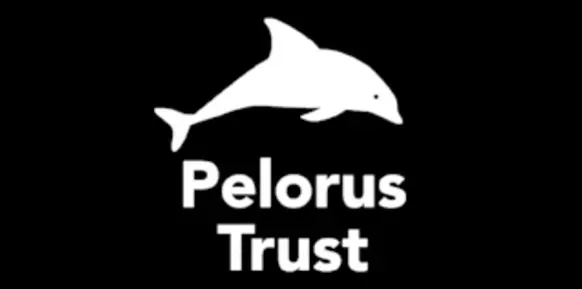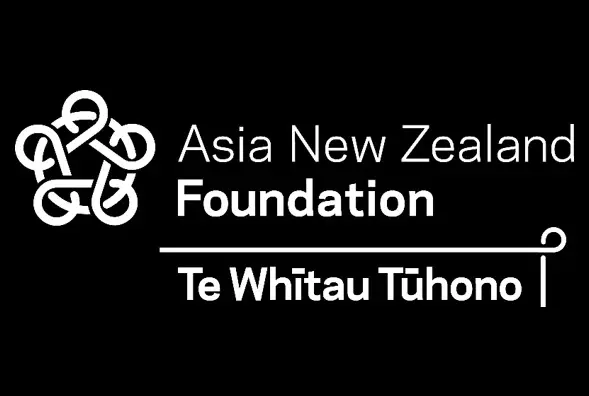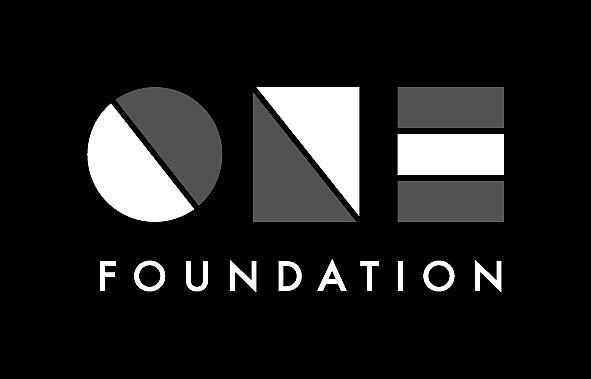Rules and regulations for classification compliance
Use this page to download the international and NZ classification code, and to find out the roles and responsibilities of PNZ and National Sport Organisations in classification.
IPC and the Paralympic Movement
The International Paralympic Committee (IPC) is the global governing body of the Paralympic Movement. Its members are National Paralympic Committees (NPCs), International Sport Federations (IFs), International Organizations of Sport for the Disabled (IOSDs), and Regional Organizations. The IPC acts as the IF for a number of sports. IOSDs may act as the IF for a number of sports.
Paralympics New Zealand (PNZ) Classification Roles and Responsibilities
All PNZ member Para sports’ classification activities must comply with the specific IF Classification Rules which in turn, comply with the IPC Code.
PNZ, as the national affiliated member to IPC and a signatory to the IPC Code, is accountable to the IPC for the following national classification activities:
- Ensure that National Federation Classification Rules conform to the Code, through their IF Classification Rules and make recommendations for Compliance with the Code
- Developing and implementing a policy for its members to comply with the Code and establish procedures to address non-Compliance
- Promoting the development of a National Classification Strategy.
NZ Para Sport Classification Strategy
The purpose of the strategy is to uphold confidence in classification, protect the rights of those involved in classification, and to minimise the impact of impairment so that Para athlete performance success is determined by sporting excellence.
This strategy will lead and support Member Sports to build the capacity to develop and implement classification activities to support Para athletes with physical, sensory and intellectual impairments in their pathway to medal performances.
The strategy will work across the key strategic priorities of:
- Leadership
- Para sport Pathways
- Education and training
- Collaboration and Partnerships
- System Compliance and Investment
The New Zealand Para sport Classification Integration Plan
The NZ Para sport Classification Integration Plan is the resource used to lead and support the integration of classification into Para sport programmes within PNZ Member organisations.
The purpose of this plan is to grow Para sport in NZ as well as contribute to Para athlete success on the world stage. It does this by having robust, sustainable and credible classification systems and structures integrated into PNZ member organisations.
The Para sport Classification Integration Plan will work for National Sport organisations (NSOs), Disability Sport organisations (DSOs) and Regional Parafeds. It will focus on the following strategic priorities:
- Compliance
- Investment
- Para sport Pathways
- Classification Awareness, Education and Training
- Collaboration and partnerships
NZ Para athlete Classification Code and Standards
The PNZ Athlete Classification Code (the PNZ Code) is a fundamental document upon which classification in New Zealand is based. Its purpose is to uphold confidence in classification and promote participation by a wide range of athletes with differing impairment types and abilities. The PNZ Code details procedures and policies common across all Para sports. It sets the principals for all PNZ member Sports to comply with the IPC Athlete Classification Code (the Code), through their International Federation (IF) Classification Rules and Regulations. It aims to achieve standardisation but be general enough to permit flexibility regarding the implementation of its principles.
The PNZ Classification Standards are the technical and operational requirements for classification within New Zealand. These must directly reflect, and be in compliance with, the sport specific IF Classification Rules. In itself this is in direct compliance with the Code. The PNZ Standards relate to:
- Eligible Impairments
- Athlete Evaluation
- Protests and Appeals
- Classifier personnel and training
- Classification data protection










